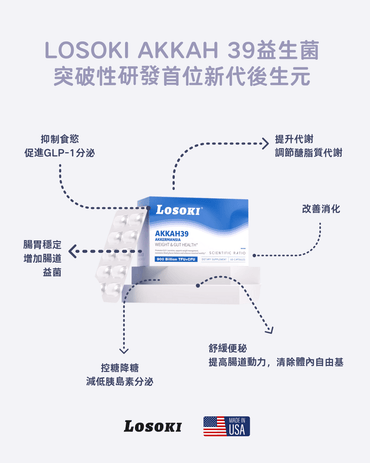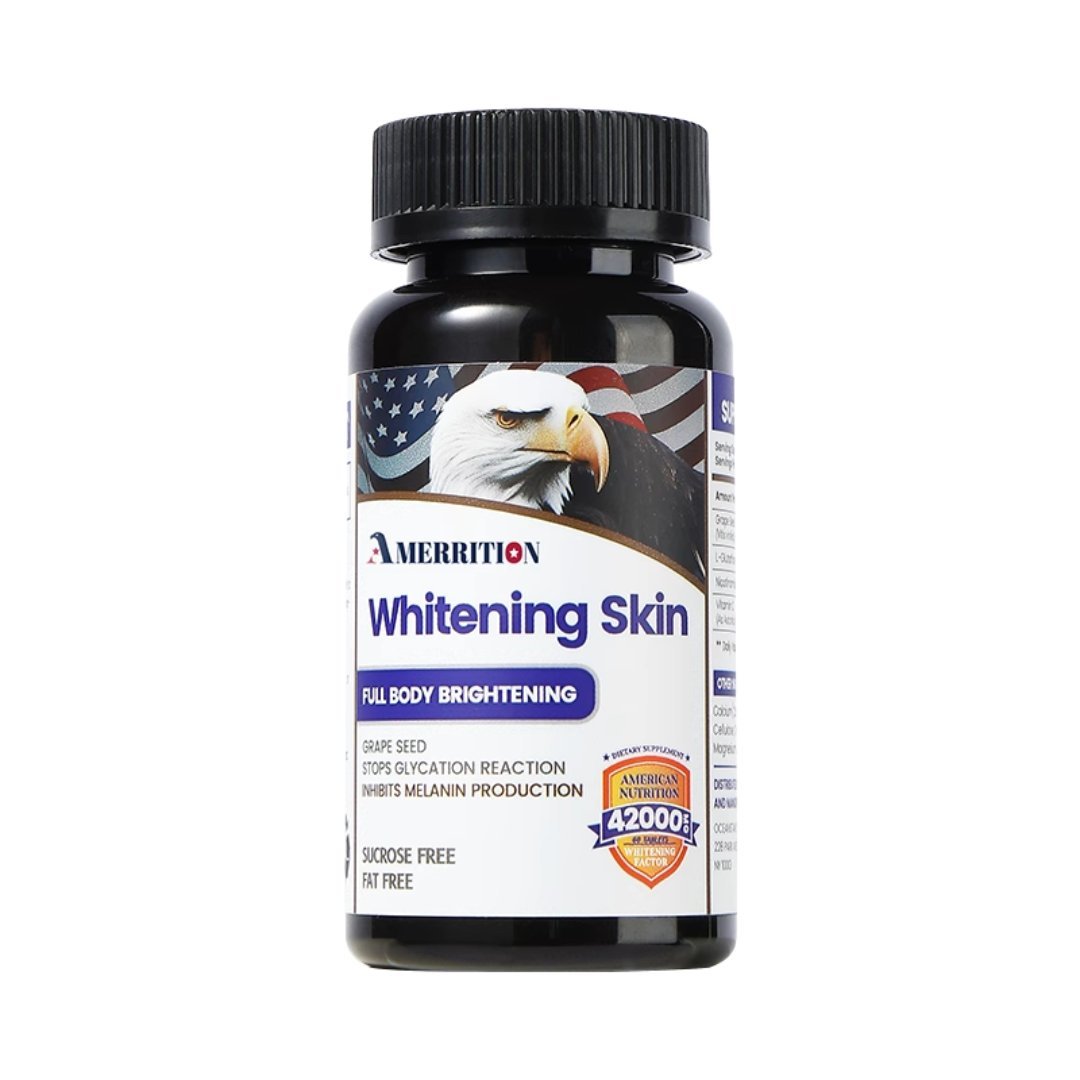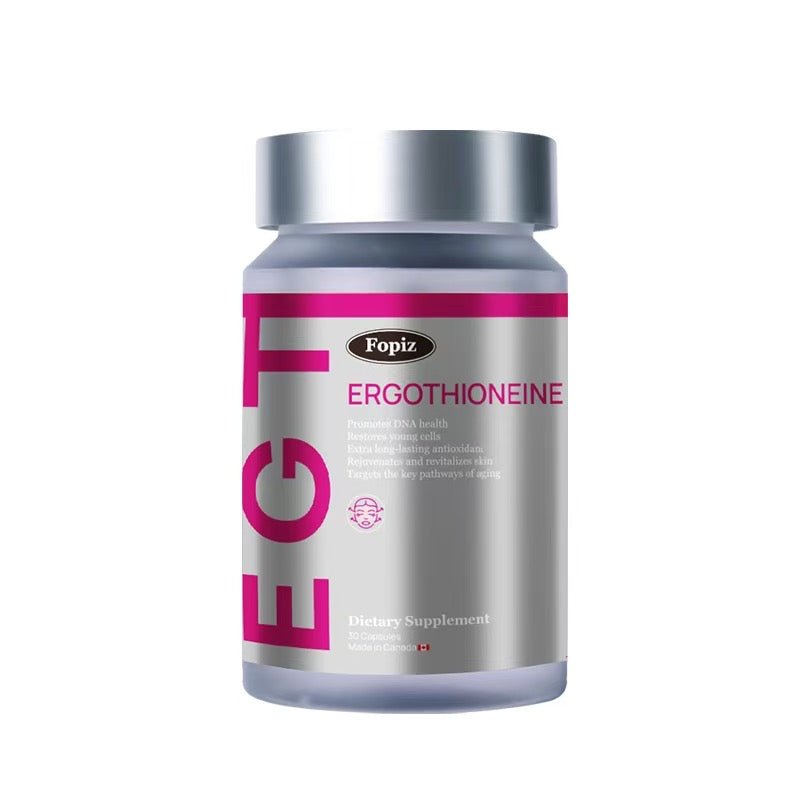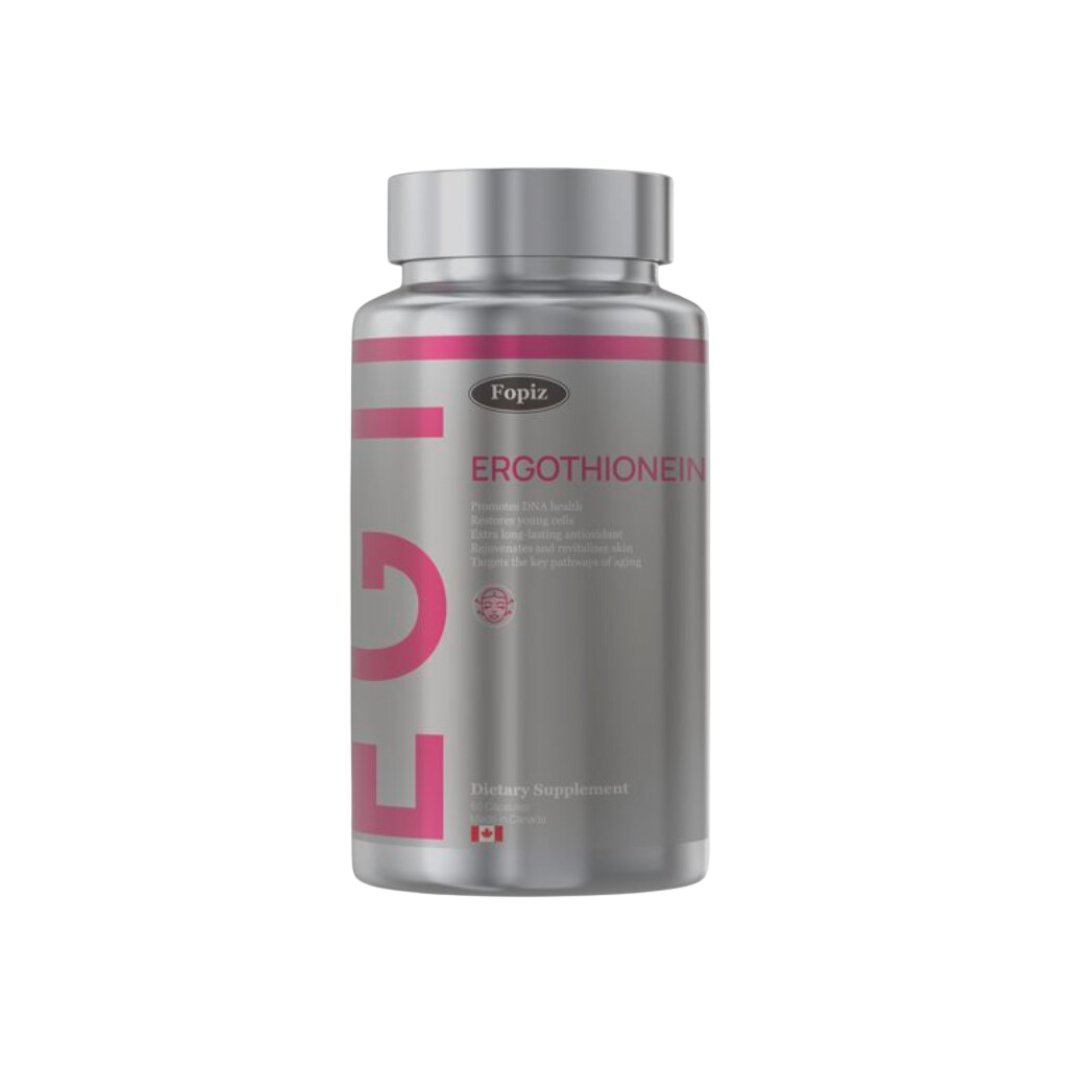Probiotics
-
AIDEVI® Anti-Allergy Immune Probiotic | Patented Formula × 20 Billion CFU × Immune Modulation × Intestinal Care × Made in the USA
AIDEVI® Anti-Allergy Immune Probiotic | Patented Formula × 20 Billion CFU × Immune Modulation × Intestinal Care × Made in the USA "Start from the intestines,...
HK$279.00Sale price HK$279.00Unit price perHK$599.00 -
[Pre-order 20% off] Losoki AKKAH39 Probiotics | Regulates the intestines, controls appetite, boosts metabolism, and improves body tone
Losoki AKKAH39 Probiotics|Regulates the intestines × Controls appetite × Increases metabolism × Slims the body 🌱 Product Overview: Start from the intestines and create a double...
HK$619.00Sale price HK$619.00Unit price perHK$1,529.00 -
Profix Probiotics Intestinal Formula | 15 major bacterial strains × 50 billion active probiotics × Intestinal comfort × Smooth digestion × Stress resistance
Profix Probiotics Intestinal Formula | 15 major bacterial strains × 50 billion active probiotics × Intestinal comfort × Smooth digestion × Stress resistance "Start with your...
HK$280.00Sale price HK$280.00Unit price perHK$399.00 -
Profix Probiotics for Women + Cranberry | Intimate Care × pH Balance × Urinary Health × 1 capsule per day to protect women's confidence
Profix Probiotics for Women + Cranberry | Intimate Care × pH Balance × Urinary Health × 1 capsule per day to protect women's confidence "Caring from...
HK$314.00Sale price HK$314.00Unit price perHK$544.00 -
Profix Probiotics for Strong Intestinal Health | 9 strains × 30 billion active bacteria × Dual-action formula × Comprehensively boosts intestinal health and immunity
Profix Probiotics for Strong Intestinal Health | 9 strains × 30 billion active bacteria × Dual-action formula × Comprehensively boosts intestinal health and immunity "Starting from...
HK$255.00Sale price HK$255.00Unit price perHK$399.00 -
Profix Probiotic Soothing Formula | Designed for those with sensitive skin × Six strains × Recommended by two teachers × Made in Canada
Profix Probiotic Soothing Formula | Designed for those with sensitive skin × Six strains × Recommended by two teachers × Made in Canada "Starting from the...
HK$255.00Sale price HK$255.00Unit price perHK$399.00 -
VATY FK-23 Probiotics|Adult Health Maintenance × Supplement Beneficial Bacteria × Regulate Intestinal Tract × Enhance Immune System × Improve Digestion and Absorption
VATY FK-23 Probiotics|Adult Health Maintenance × Supplement Beneficial Bacteria × Regulate Intestinal Tract × Enhance Immune System × Improve Digestion and Absorption In Hong Kong, a...
HK$357.00Sale price HK$357.00Unit price perHK$599.00 -
VATY LJ88 Anti-Helicobacter pylori Probiotics | Helps eliminate Helicobacter pylori × nourishes the stomach and intestines × regulates immunity × improves constipation × protects comprehensive intestinal health
VATY LJ88 Anti-Helicobacter pylori Probiotics | Helps eliminate Helicobacter pylori × nourishes the stomach and intestines × regulates immunity × improves constipation × protects comprehensive intestinal...
HK$273.00Sale price HK$273.00Unit price perHK$499.00 -
VATY Children's Growth-Promoting Probiotics | Promotes bone development × Regulates intestinal health × Enhances immunity × A growth guardian tailored for children
VATY Children's Growth-Promoting Probiotics | Promotes bone development × Regulates intestinal health × Enhances immunity × A growth guardian tailored for children During a child's golden...
HK$320.00Sale price HK$320.00Unit price perHK$499.00 -
VATY Fat Burning Probiotics | Probiotics Galcinia × Target Belly Fat × Efficient Fat Burning × Improve Intestinal Health × A New Revolution in Healthy Weight Loss
VATY Fat Burning Probiotics | Probiotics Galcinia × Target Belly Fat × Efficient Fat Burning × Improve Intestinal Health × A New Revolution in Healthy Weight...
HK$322.00Sale price HK$322.00Unit price perHK$499.00
























